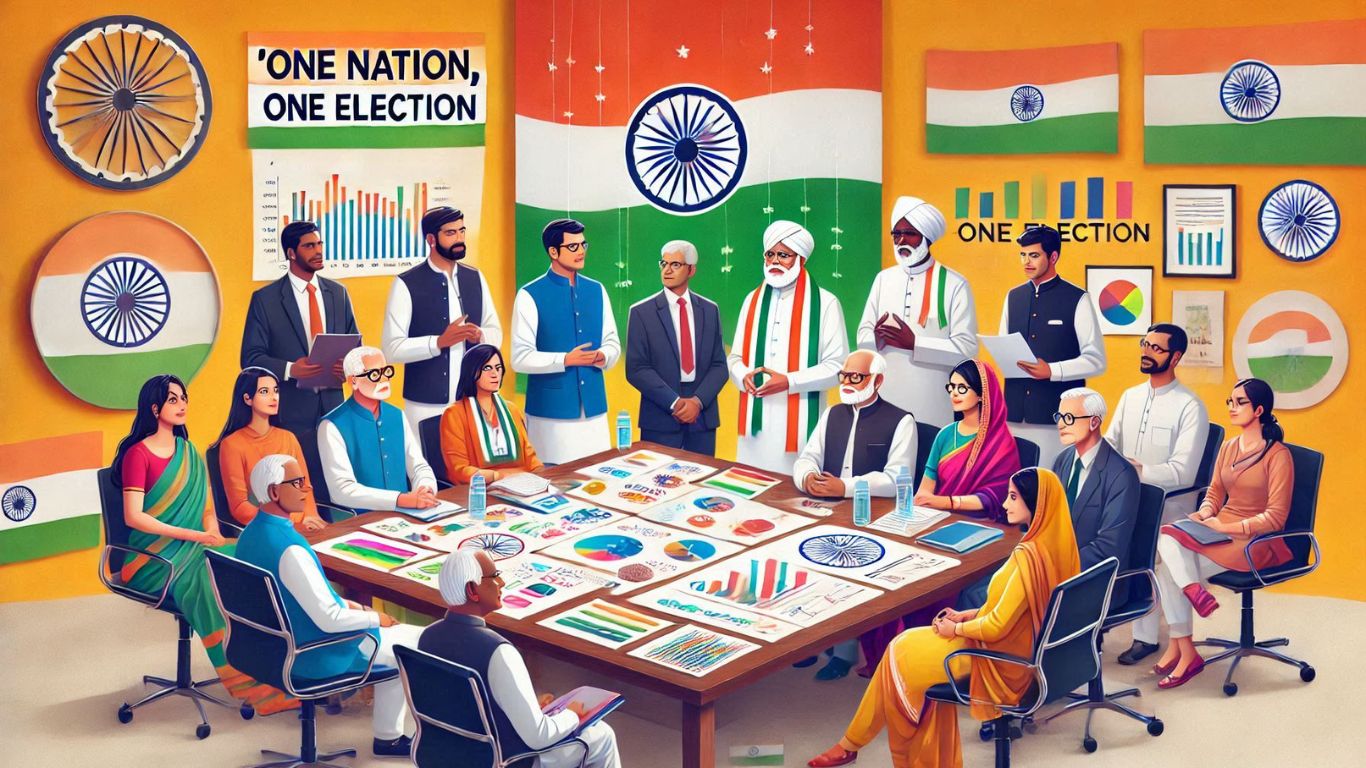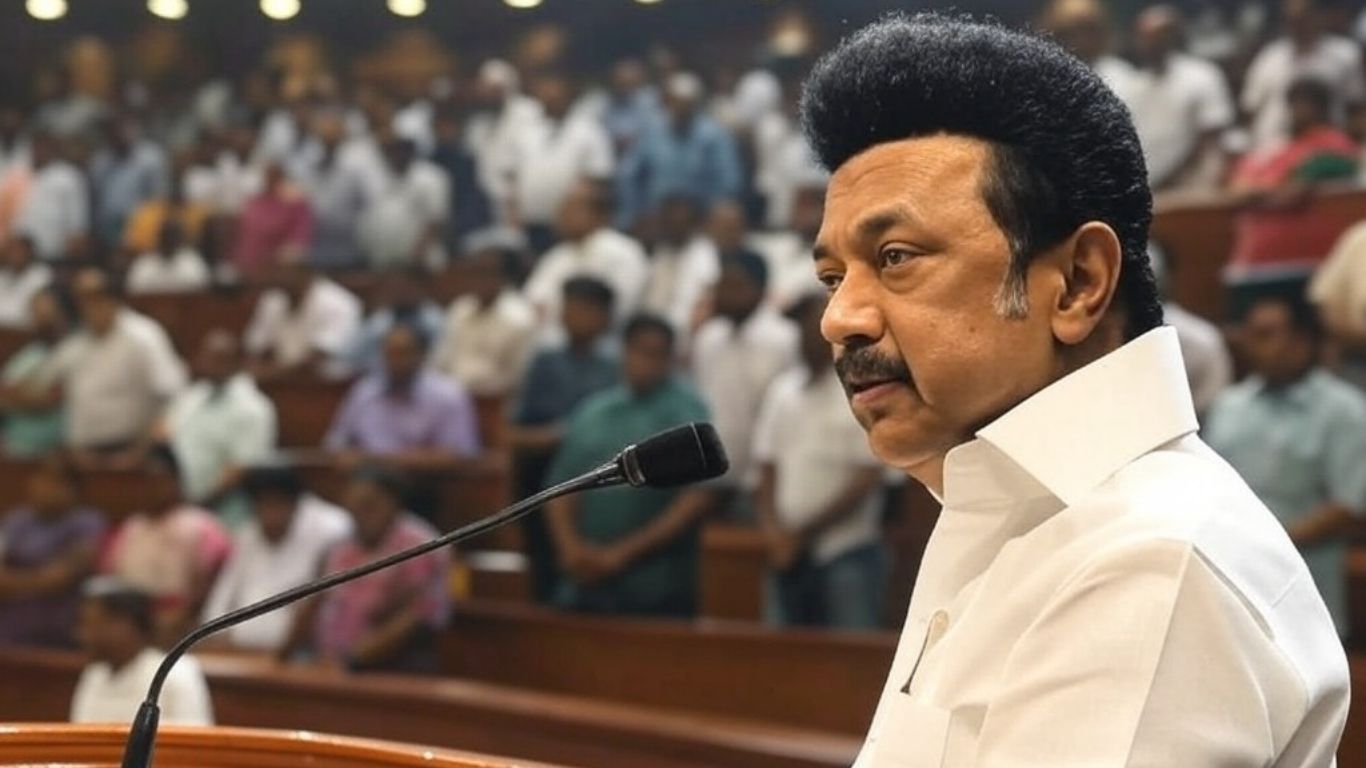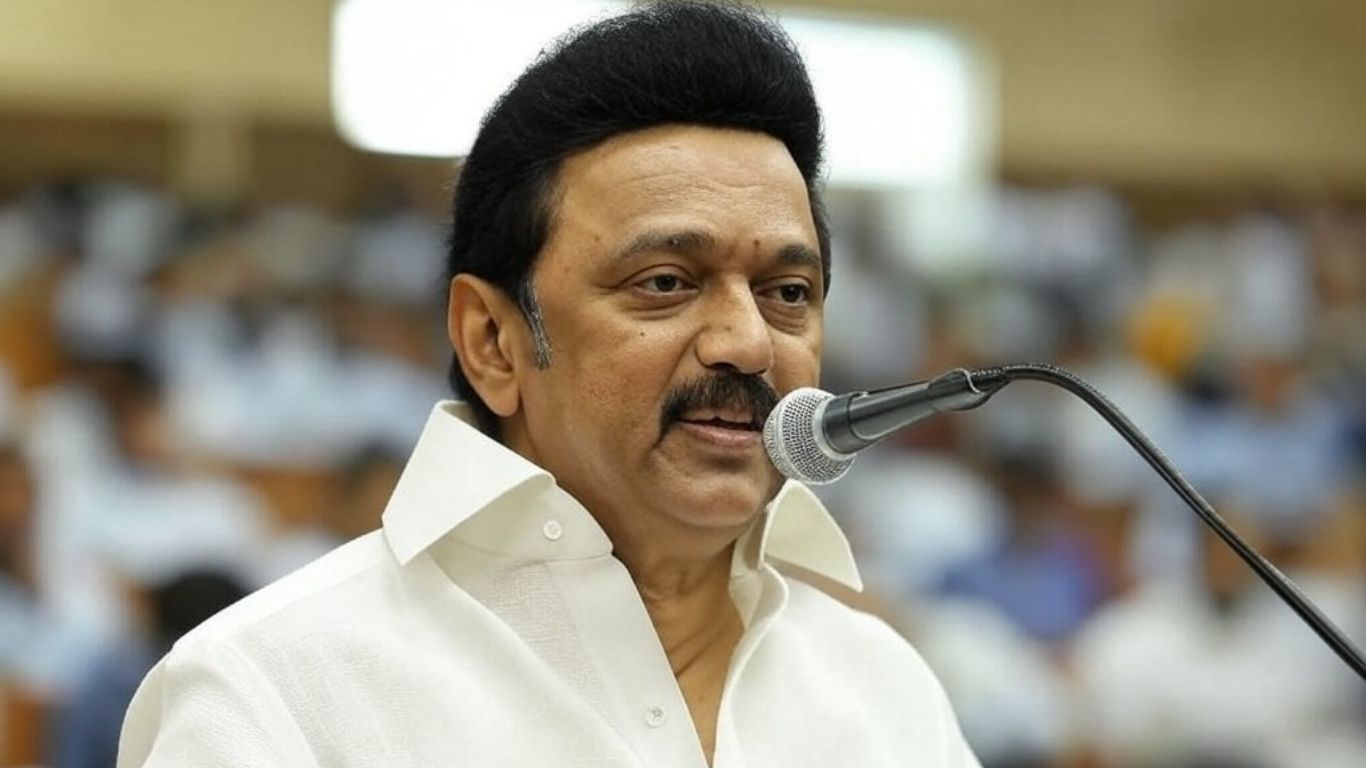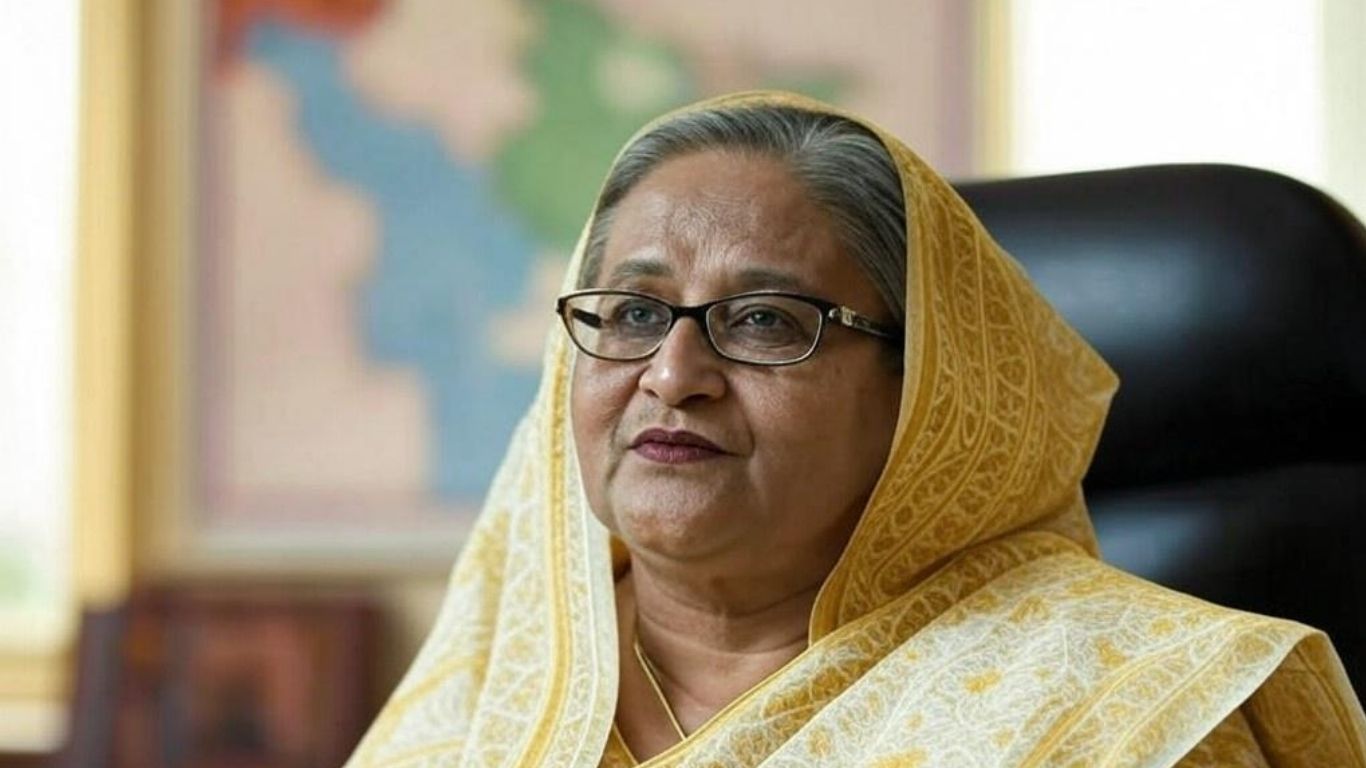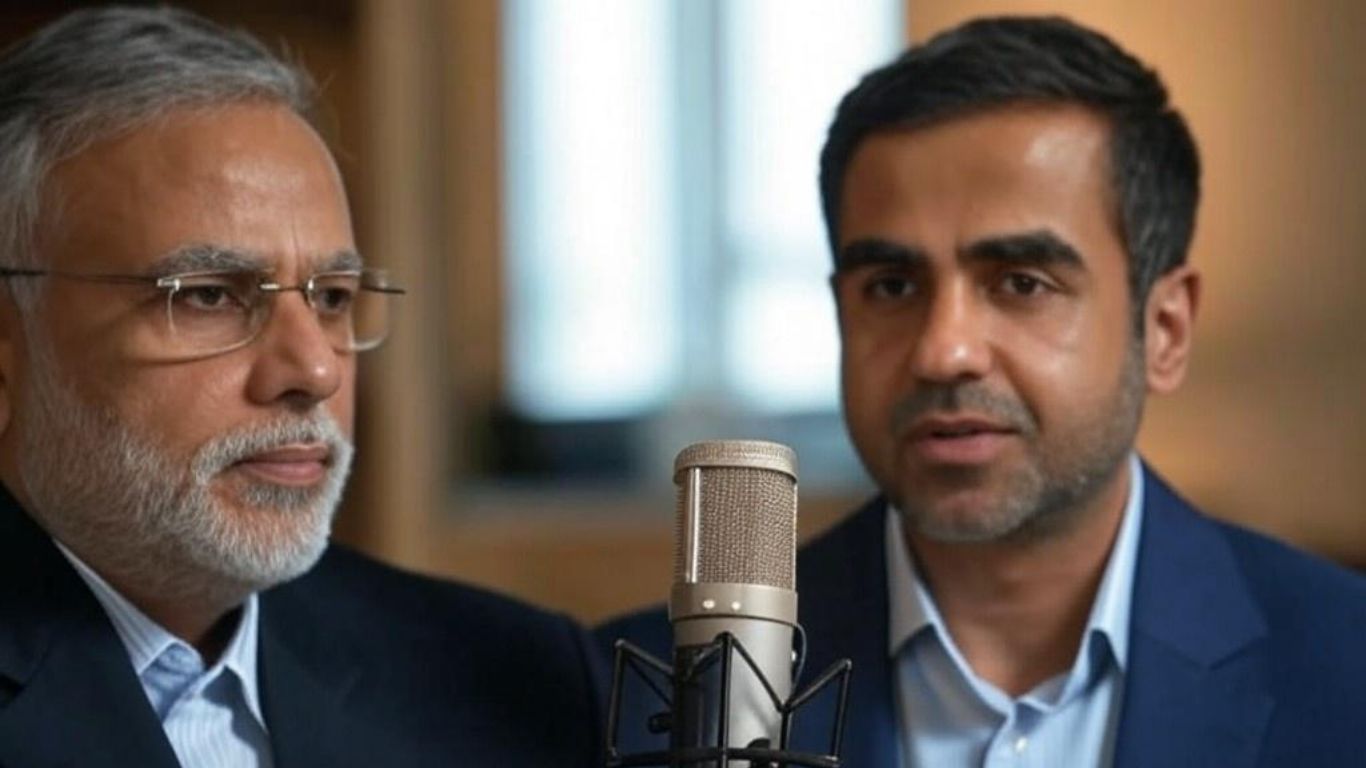The Lok Sabha witnessed intense political drama on Tuesday as it voted to introduce two bills aimed at amending the Constitution to enable simultaneous federal and state elections under the ‘One Nation, One Election’ proposal. The contentious bills were passed with a simple majority, securing 269 votes in favor and 198 against. However, the narrow margin drew sharp criticism from the opposition, which claimed the ruling BJP lacked the necessary two-thirds majority required to ultimately pass constitutional amendments.
1. The Outcome of the Vote: A Narrow Win for the Government
Union Law Minister Arjun Ram Meghwal introduced the 129th Constitutional Amendment Bill and an accompanying Ordinary Bill to implement One Nation, One Election (ONOE).
- Votes in Favor: 269
- Votes Against: 198
- Total Votes Cast: 461
Although the bills were passed by a simple majority, the opposition, led by Congress, pointed out that a two-thirds majority (307 votes) is necessary to pass any constitutional amendment.
Congress MP Manickam Tagore said on X:
“Two-thirds majority was needed out of 461 votes, but the government secured only 269.”
This led Congress MP Shashi Tharoor to question the bill’s viability:
“It is obvious that the government does not have the numbers to push this through. They should not persist too long with this.”
The bills are now expected to be referred to a Joint Parliamentary Committee (JPC) for further discussion and scrutiny, as endorsed by Union Home Minister Amit Shah.
2. What is ‘One Nation One Election’?
The One Nation One Election (ONOE) proposal aims to synchronize Lok Sabha (Parliamentary) elections with State Assembly elections so that both are held in the same year, if not at the same time.
Currently, elections across India are staggered, with states voting independently of parliamentary polls. For example:
- States like Andhra Pradesh, Arunachal Pradesh, Sikkim, and Odisha held state elections alongside the Lok Sabha polls in 2024.
- Others like Madhya Pradesh, Rajasthan, and Telangana voted in different months, while Bihar and Tamil Nadu will hold elections in 2025 and 2026, respectively.
ONOE seeks to streamline this system to minimize disruption, reduce election-related expenses, and ensure continuous governance.
3. Fierce Opposition: Criticisms Against the Bill
The introduction of the bill was met with fierce resistance from 15 opposition parties, including the Congress, TMC, DMK, AIMIM, Samajwadi Party (SP), and others. The common concerns raised were:
Violation of Federal Structure
Critics argued that the bill undermines the federal system, a core tenet of the Indian Constitution. Kalyan Banerjee of the Trinamool Congress emphasized:
“The state legislatures are not at the mercy of the Centre. This bill violates the basic structure of the Constitution.”
Excessive Expenditure
TR Baalu of the DMK flagged the enormous cost of implementing ONOE, particularly the requirement to replace electronic voting machines (EVMs) every 15 years, amounting to ₹10,000 crore.
Presidential System Concerns
AIMIM leader Asaduddin Owaisi criticized the bill for indirectly introducing a presidential style of democracy and undermining regional parties. Owaisi said:
“This bill is based on maximizing political gain. It will destroy regional parties and centralize power.”
Assault on Voting Rights
Congress MP Gaurav Gogoi called the bill an attack on citizens’ right to vote and expressed concerns about preemptive dissolutions of state assemblies to align with parliamentary elections.
4. BJP’s Defense and Support from Allies
The BJP defended the ONOE proposal as a long-pending electoral reform that aims to simplify the democratic process. Arjun Ram Meghwal assured the House:
“This bill will not tamper with the Constitution’s basic structure. It will synchronize elections and ease the process without harming democracy.”
BJP Allies Back the Bill
The bill received support from 32 parties, including BJP allies such as:
- Telugu Desam Party (TDP):“Simultaneous elections bring clarity of process and governance,” said TDP MP Lavu Sri Krishna Devarayalu.
- Shiv Sena faction led by Eknath Shinde.
- YSR Congress Party (YSRCP), AIADMK, and Janata Dal (United) (JDU).
Amit Shah addressed opposition concerns and endorsed sending the bill to the Joint Parliamentary Committee (JPC) for a detailed review, saying:
“When the bill was approved in the Cabinet, PM Modi also agreed it should be referred to the JPC for discussion.”
5. Key Constitutional Amendments Required for ONOE
Implementing One Nation One Election requires amending several key articles of the Constitution, including:
- Article 83: Term of the Parliament.
- Article 85: Dissolution of the Lok Sabha.
- Article 172: Duration of State Legislatures.
- Article 174: Dissolution of State Legislatures.
- Article 356: Imposition of President’s Rule in states.
In addition to these changes, the amendment will require ratification by at least 50% of state legislatures and widespread political consensus.
6. Pros and Cons of ‘One Nation One Election’
Advantages:
- Cost Savings: Reduces the financial burden of conducting frequent elections.
- Minimized Disruption: Avoids interruptions in governance caused by the Model Code of Conduct (MCC).
- Increased Voter Turnout: Simultaneous elections may encourage greater voter participation.
Challenges:
- Federal Concerns: Risks diluting the autonomy of state governments.
- Practical Implementation: Aligning terms of Parliament and state assemblies may require premature dissolutions.
- Impact on Regional Parties: Centralized elections may undermine the influence of regional political parties.
7. The Road Ahead: Joint Parliamentary Committee
With the bills now introduced, the next step involves a Joint Parliamentary Committee (JPC) for further deliberations. The BJP, as the majority party, will dominate the committee, but opposition leaders are expected to continue voicing strong resistance.
The introduction of the One Nation, One Election bills marks a pivotal moment in India’s democratic history. While the government emphasizes efficiency and cost savings, the opposition has raised valid concerns about the bill’s impact on federalism and democracy.
The narrow margin of the division vote highlights the challenges ahead for the BJP to secure the two-thirds majority required for constitutional amendments. As the bills proceed to the JPC, their fate will depend on building consensus among political parties and addressing concerns from both regional and national stakeholders.
FAQs
1. What is ‘One Nation One Election’?
It is a proposal to synchronize Lok Sabha and State Assembly elections across India to occur in the same year.
2. How many votes did the bill receive in the Lok Sabha?
The bill secured 269 votes in favor and 198 against, out of a total of 461 votes.
3. Why do opposition parties oppose ONOE?
Critics argue it undermines federalism, imposes excessive costs, and risks centralizing power while sidelining regional parties.
4. Which parties supported the bill?
Support came from BJP allies like the TDP, Shiv Sena (Shinde faction), YSR Congress Party, and AIADMK.
5. What happens next for the bill?
The bill will be referred to a Joint Parliamentary Committee (JPC) for further discussion and scrutiny.











